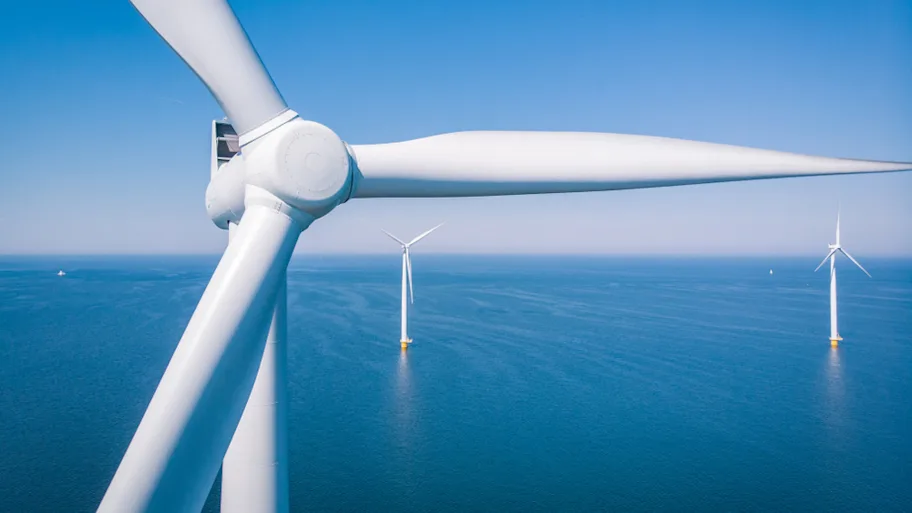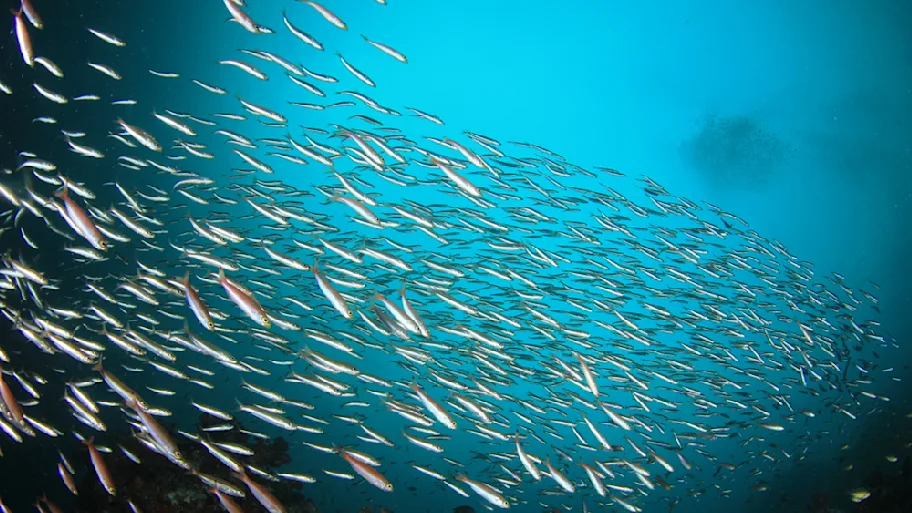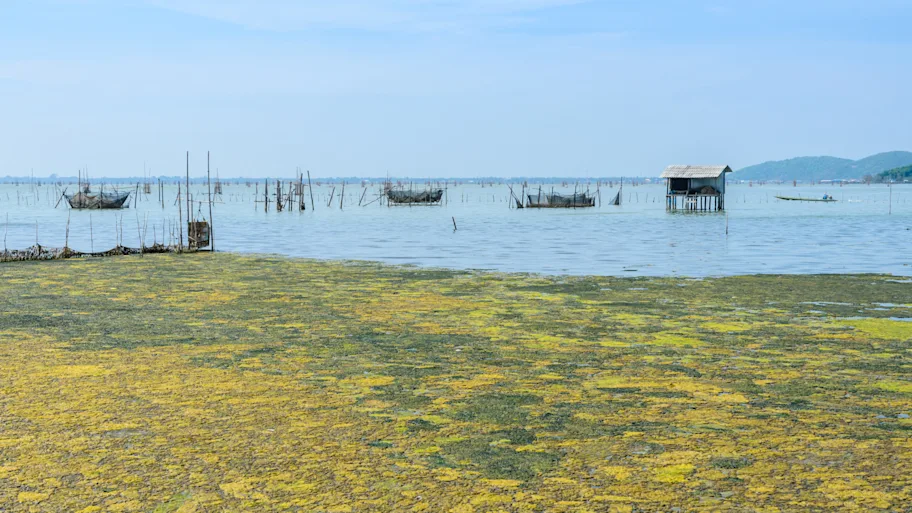
- Science news
- Environment
- Restoring the world’s oceans and seas
Restoring the world’s oceans and seas
by Emily Barker, Frontiersin.org
In the Bay of Biscay, the anchovy catches went from 90,000 tons to less than 10,000 tons in the early 2000s. After intervention from scientists and the European Union, the population recovered and is now at its highest level since the 1980s.
Anchovies are an important resource for people living on the coast, and just one of the stories, which show that by linking science and policy – we have helped restore the world’s oceans.
Angel Borja, Frontiers’ Specialty Chief Editor for Marine Ecosystem Ecology, is not completely pessimistic about the world’s oceans.
“The oceans are not being destroyed, this is a bit of a mediatic issue;” he said.
Despite the view that there is no hope left for the world’s oceans in the news, there are many areas that are beginning to be restored. “We are doing much better than twenty or thirty years ago;” he said.
Angel Borja is the coordinator of the EU funded DEVOTES project, (DeVelopment Of innovative Tools for understanding marine biodiversity and assessing good Environmental Status). He explained that there are some areas where we have seen great improvements in the last decade.
This includes estuaries, where the sea meets the rivers, which are often degraded by humans who use the land for fishing. Estuaries and coastal waters provide essential habitat for 75% of America’s commercial fish catch and 80 to 90% of the recreational fish catch.
However, he explained: “There are less examples in open areas because they are more difficult to restore.”
It is not all good news, though. The Baltic sea has problems with eutrophication, excessive richness of nutrients in a lake or other body of water, the Mediterranean has problems with alien species, maritime transport and tourism and the Atlantic sea has problems related to fishing and transport.
The answer to solving these problems Dr. Borja believes lies in linking policy with science. “Sometimes we are doing things which are far away from the needs of the stakeholders and on the other side they are doing things that are not sustained by knowledge, so we need to bring these together.”
He added the most important policy at the moment is the EU Marine Strategy Framework Directive, a holistic view of the seas taking into account all the eco systems and all the resources, to try to make sustainable use of the seas.






